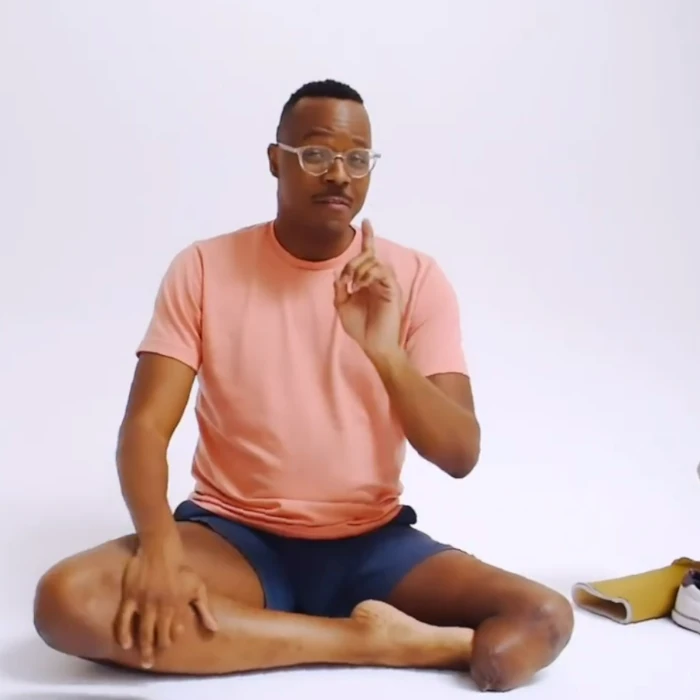by Ty Chiko
US President Theodore Roosevelt is credit with the saying, “Comparison is the thief of joy.” Comparing ourselves to others can sometimes leave us feeling as if we aren’t enough or that we don’t have enough—because there is always someone who has more.
For example, the media we consume is saturated with social trends. This contributes to people’s experiences of “FoMo,” the Fear of Missing Out. With each swipe of our phone screens and click of our television remotes, we find ourselves needing to keep up and not get left behind. We can describe this social behavior as “comparing up”—the desire to improve social status so our lives can be perceived as valuable in the eyes of others.
However, social comparison also occurs downward. Individuals who seemingly possess higher social status sometimes place judgment on those whom they perceive as having lower status. People living with disabilities can be targets of downward comparison in relation to nondisabled individuals because of societal barriers and expectations. Deviating from these expectations can lead to shame, ridicule, guilt, anxiety, and depression.
The wheelchair user, the person with cerebral palsy, the individual with Down Syndrome, and the amputee are all left with questions about who they should be versus who they truly are, even more than their nondisabled counterparts.
For example, the lower limb amputee who uses prosthetics or crutches may experience a sense of authentic self-expression within their homes. They have the autonomy to decide whether to use a mobility aid, without the fear of comparison and without the risk of making others feel uncomfortable. However, once the amputee leaves the safety of their home, they are left with a different decision, whether to fit in or stand out. Both have their own unique consequences. The use of prosthetics can assist with being perceived as close to “normal” and attract as little attention as possible. There are instances where some lower-limb amputees decide not to wear short pants that show their prosthetics because of their fear of judgment and intense social pressure to fit in.
The person with the disability is then left with the conundrum of how to navigate their lives. On one hand, they can be authentic but run the risk of public ridicule. On the other hand, they can conform to societal expectations, which can be accompanied by self-loathing and the desire for acceptance.
In cooking, both sugar and salt have wildly different flavor profiles. When used together intentionally, they can create a perfectly balanced and delicious dish. Similarly, no two humans are alike. We all have unique profiles. When two individuals are brought together with the knowledge of their uniqueness, it can create a world of harmony. If we are not careful, comparing ourselves to others can rid us of our identity and eliminate our opportunities to learn and grow from one another.
Take ownership of your differences. Do not waste your life comparing it to others’ lives. We are all different, but none of us is less.
In every waking moment, there is one thing that will forever be true, and it’s that nothing will ever compare to you.
Ty Chiko is the founder of Every Body Has a Song, which offers voice lessons to build community, heal trauma, and express personal stories. He is a longtime Certified Peer Visitor and counselor at the Amputee Coalition’s Summer Youth Camp. This article originally appeared on Ty Chiko’s blog. Check out Every Body Has a Song on YouTube.
